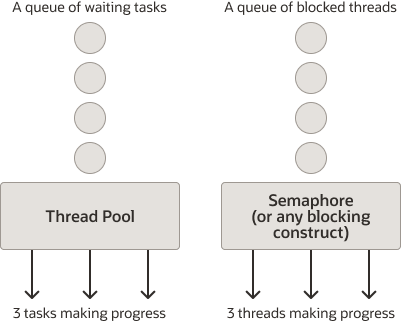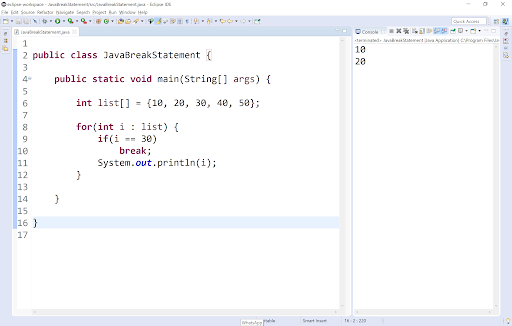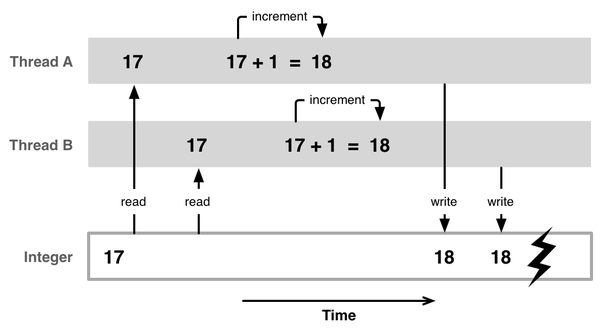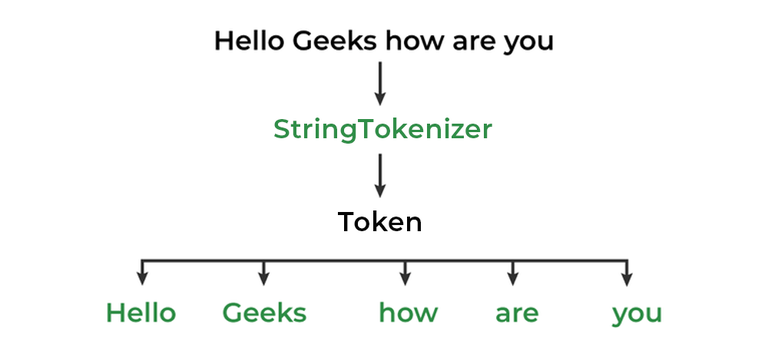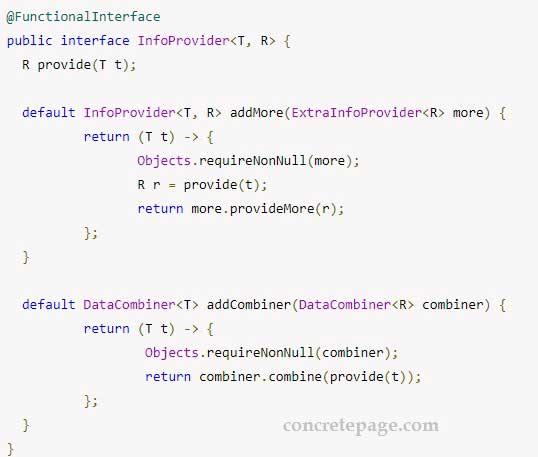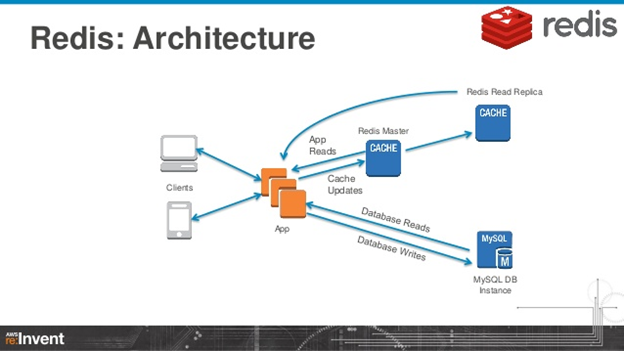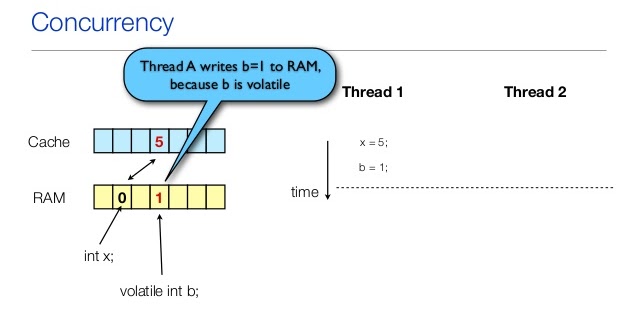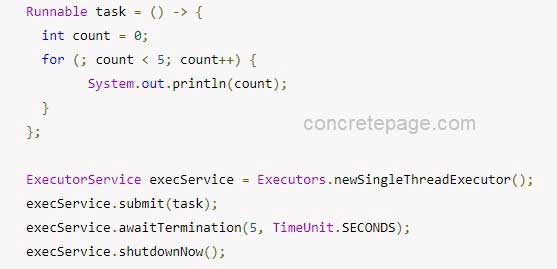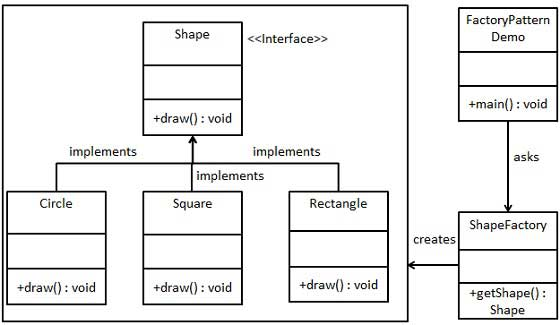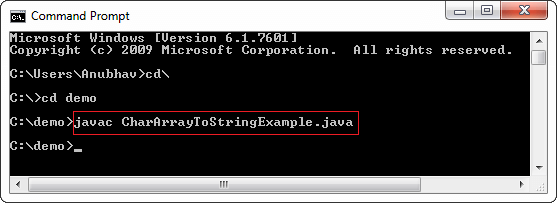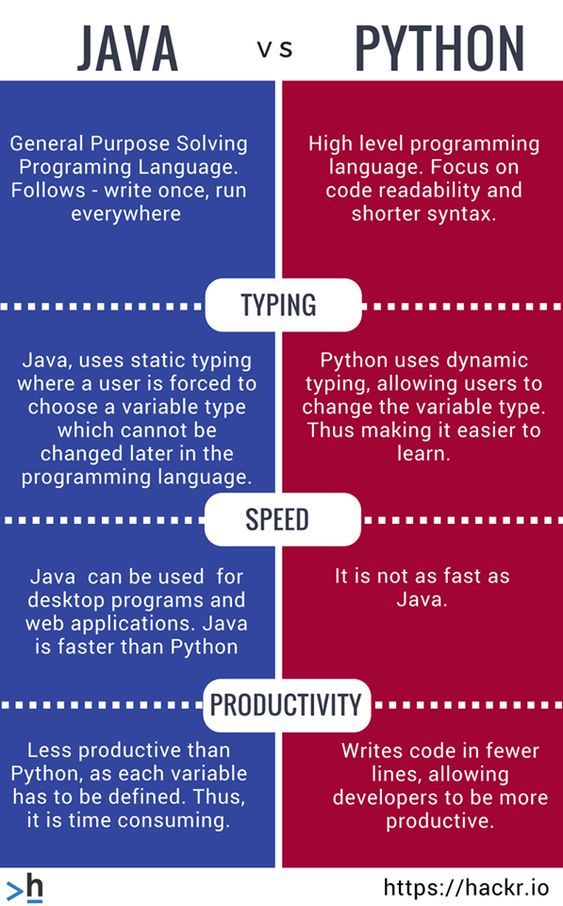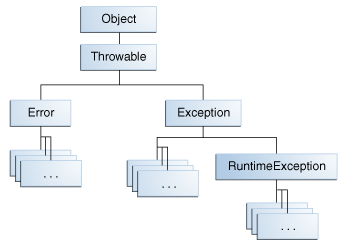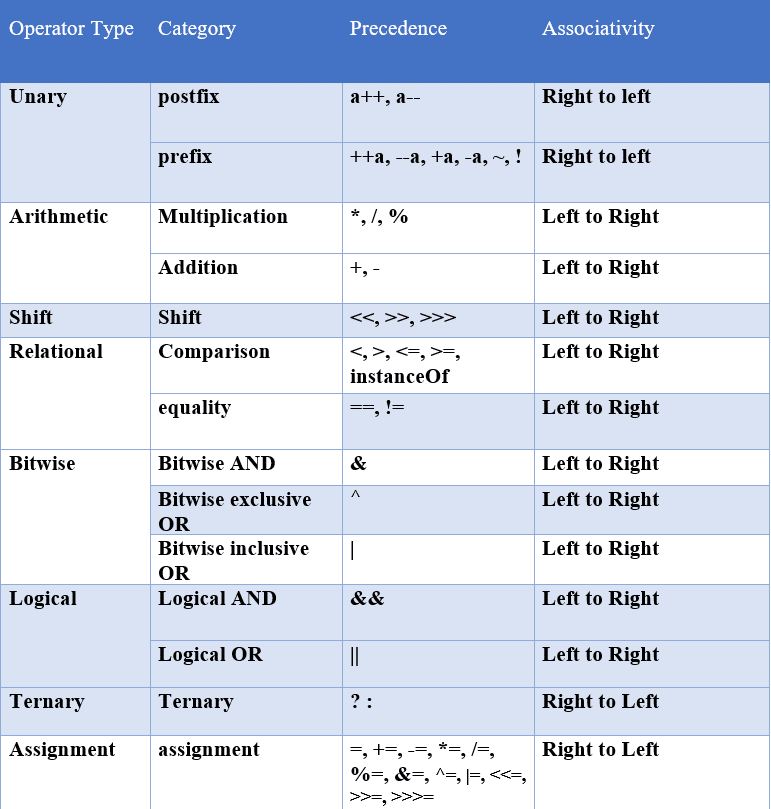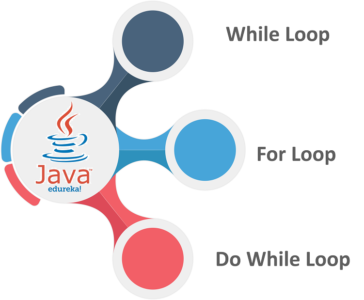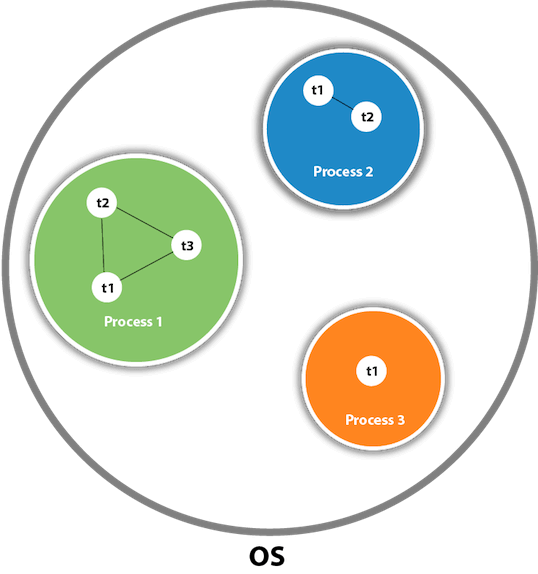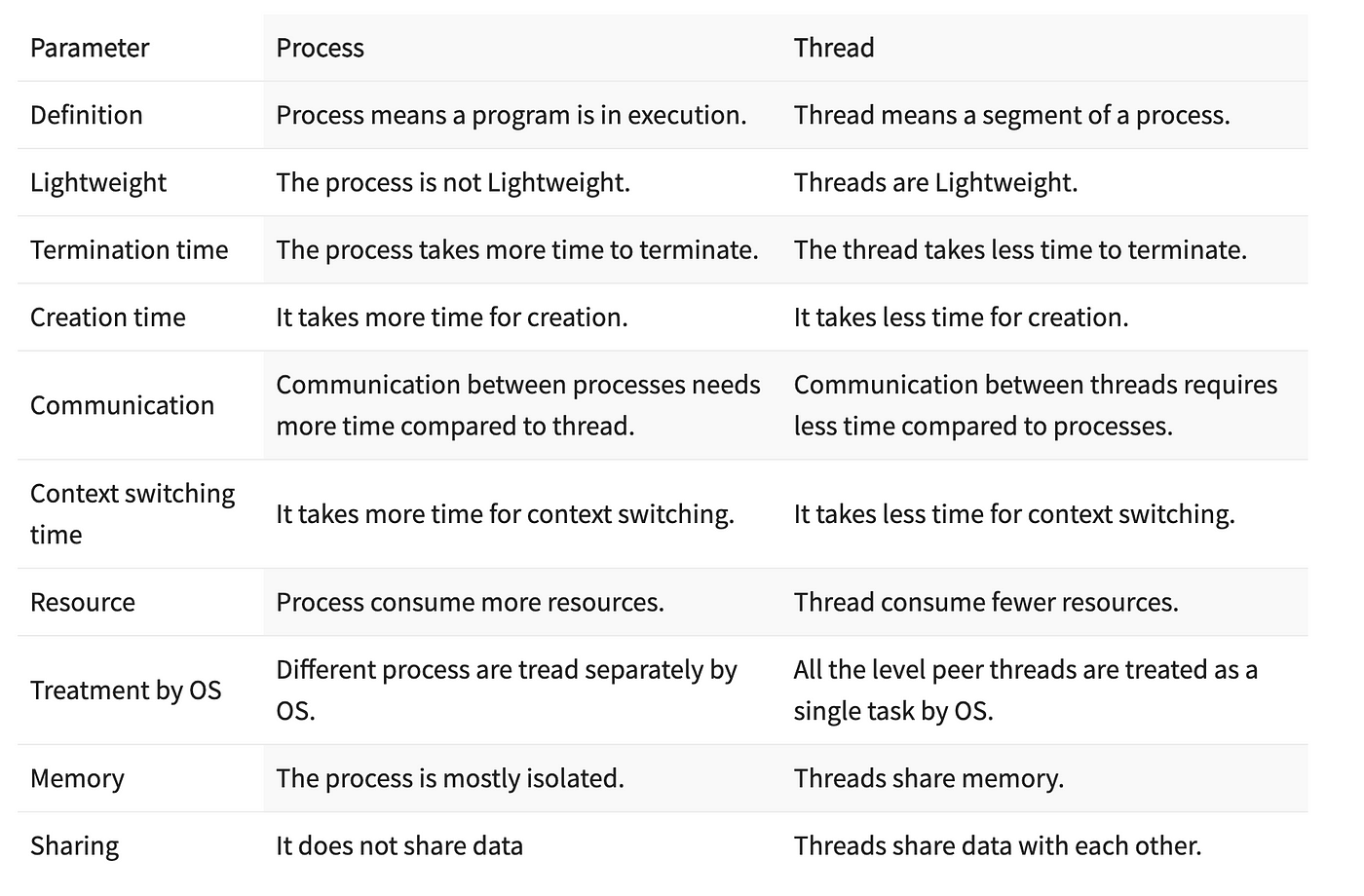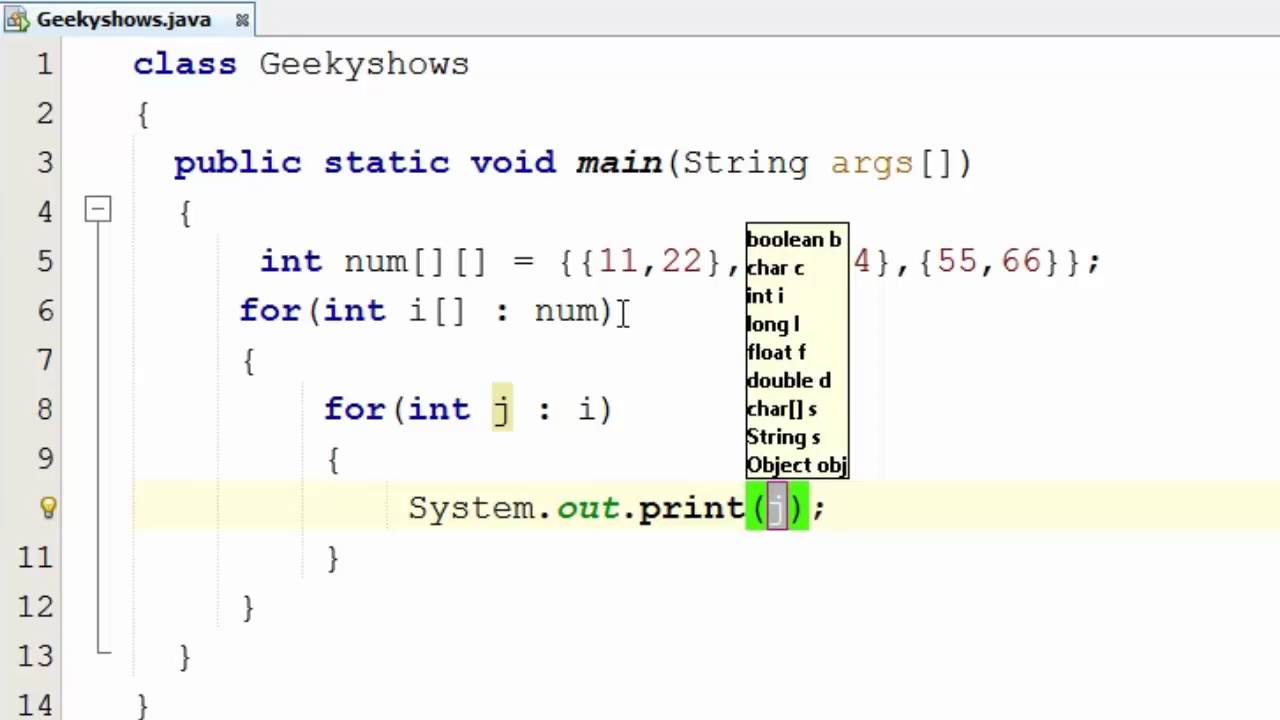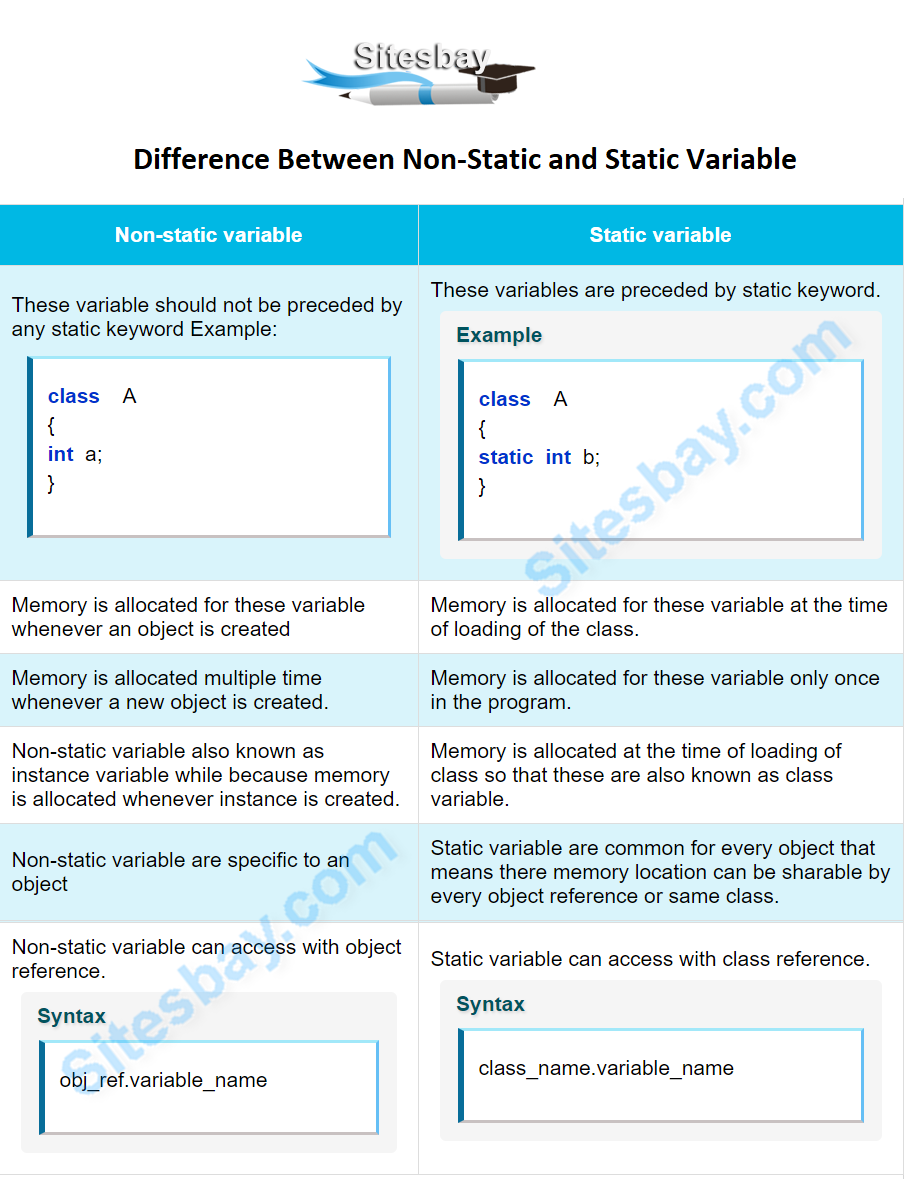How many types of scope are there in Java?
How many types of scope are there in Java?
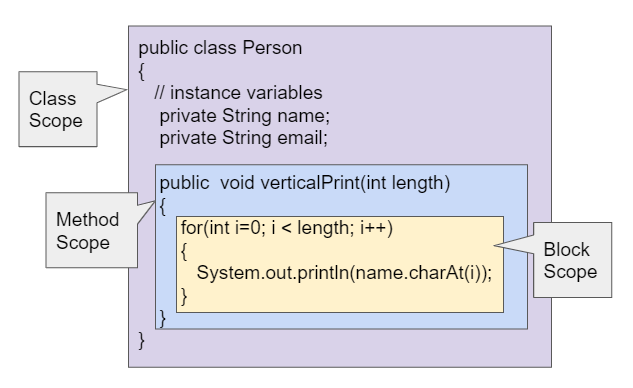
I'm happy to help you with that!
In Java, a scope refers to the region of code where a variable is defined and can be accessed. There are two main types of scope in Java: local scope and global scope.
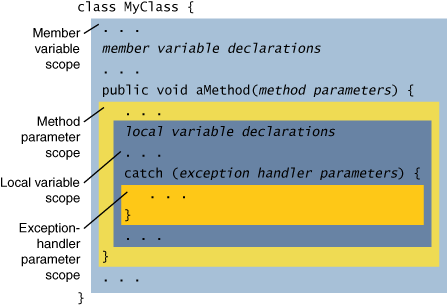
Local Scope
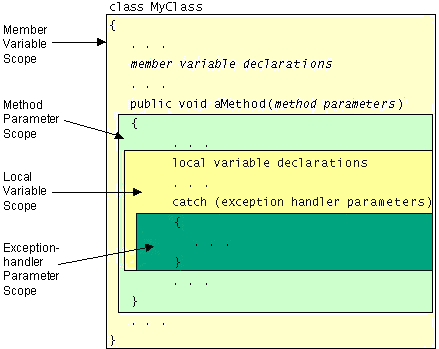
A variable declared inside a method or block is said to have local scope. This means it can only be accessed within that specific method or block. Local variables are created when the method or block is invoked and destroyed when it finishes executing.
Here's an example:
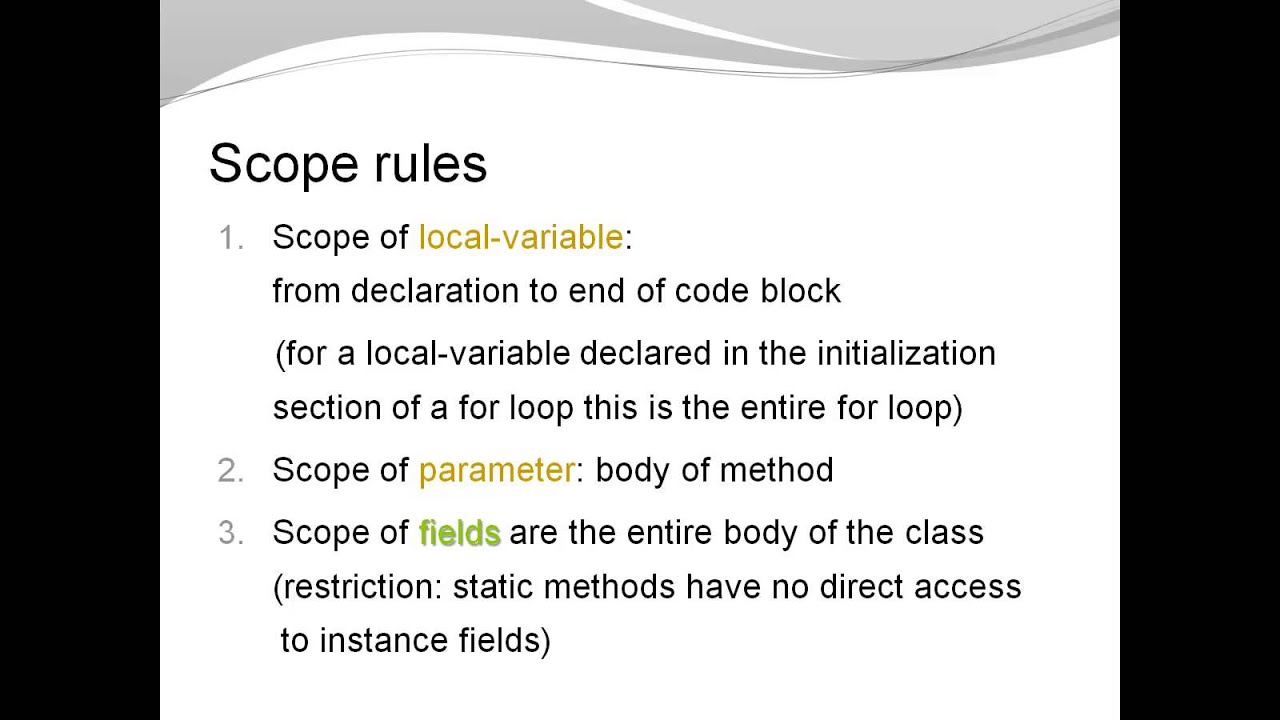
public class Example {public void myMethod() {
int x = 10; // local variable
System.out.println(x);
}
}
In this example, x is a local variable that can only be accessed within the myMethod() method.
Global Scope
A variable declared outside any method or block (i.e., at the class level) has global scope. This means it can be accessed from anywhere in the program. Global variables are created when the program starts and destroyed when it finishes executing.
Here's an example:
public class Example {int x = 10; // global variable
}
In this example, x is a global variable that can be accessed from any method or block within the Example class.
Block Scope
A variable declared inside a loop, conditional statement, or try-catch block has block scope. This means it can only be accessed within that specific block of code.
Here's an example:
public class Example {public void myMethod() {
int x = 10; // local variable
for (int i = 0; i < 5; i++) {
int y = 20; // local variable
System.out.println(y);
}
}
}
In this example, y is a local variable that can only be accessed within the loop.
Method Scope
A variable declared inside a method has method scope. This means it can only be accessed within that specific method.
Here's an example:
public class Example {public void myMethod1() {
int x = 10; // local variable
}
public void myMethod2() {
int y = 20; // local variable
}
}
In this example, x and y are both local variables that can only be accessed within their respective methods.
Anonymous Block Scope
A variable declared inside an anonymous block (e.g., lambda expression or inner class) has anonymous block scope. This means it can only be accessed within that specific block of code.
Here's an example:
public class Example {public void myMethod() {
Runnable r = () -> {
int x = 10; // local variable
System.out.println(x);
};
}
}
In this example, x is a local variable that can only be accessed within the lambda expression.
In summary, there are five types of scope in Java:
Local Scope: Variables declared inside methods or blocks have local scope. Global Scope: Variables declared outside any method or block (i.e., at the class level) have global scope. Block Scope: Variables declared inside loops, conditional statements, or try-catch blocks have block scope. Method Scope: Variables declared inside methods have method scope. Anonymous Block Scope: Variables declared inside anonymous blocks (e.g., lambda expressions or inner classes) have anonymous block scope.I hope this helps you understand the different types of scope in Java!
What is a variables scope in Java?
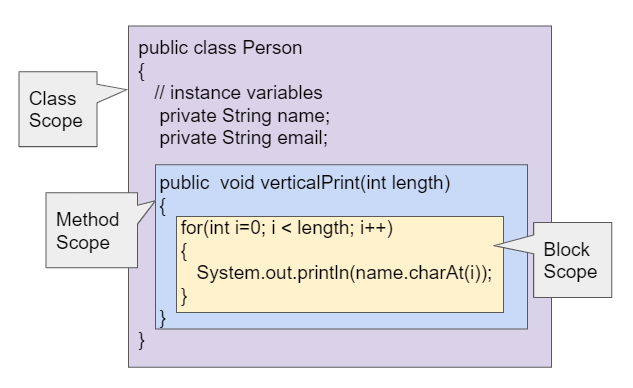
In Java, the scope of a variable refers to the region of the program where the variable is accessible. In other words, it defines the area where the variable can be used or modified.
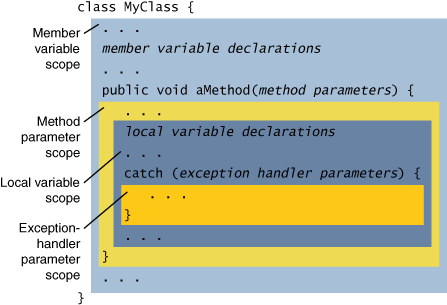
There are three types of scopes in Java:
Block Scope: A variable declared within a block (such as anif statement, for loop, or while loop) has block scope. This means that the variable is only accessible within that block and its inner blocks. The variable's value is lost when the block is exited.
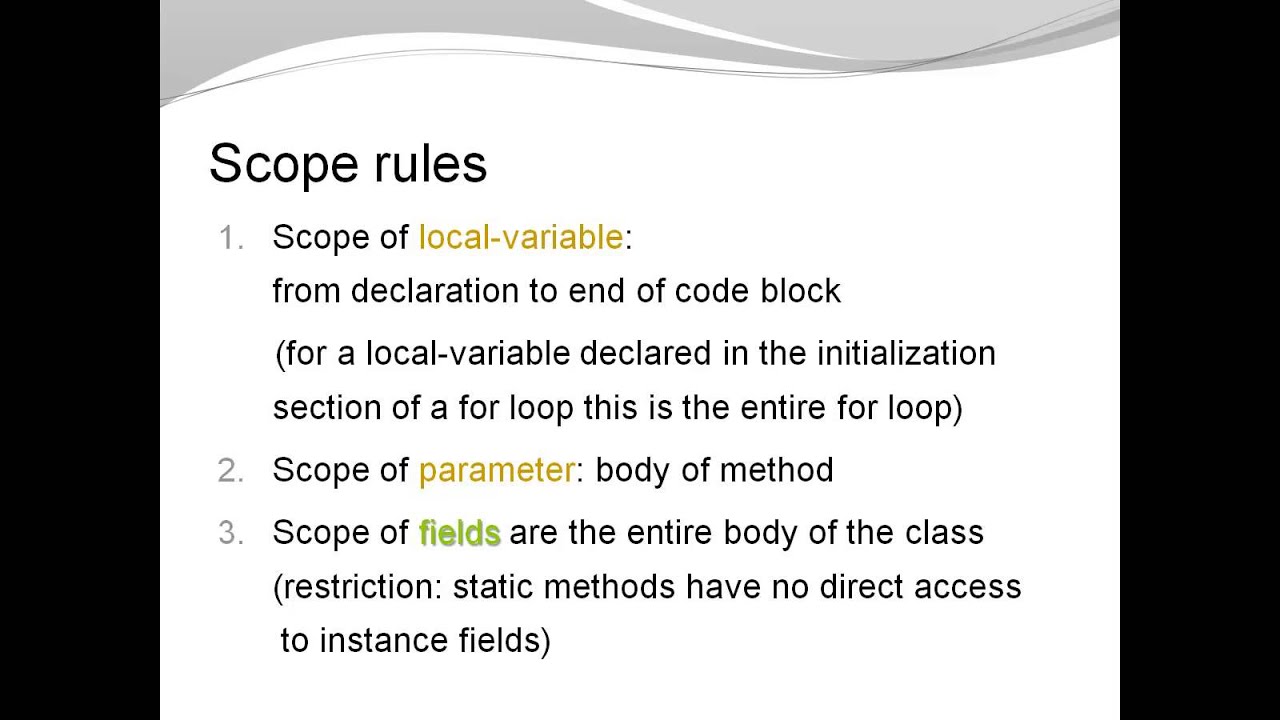
Example:
Method Scope: A variable declared within a method has method scope. This means that the variable is only accessible within that method and its inner blocks.public class Example {public void method() {
int x = 10;
if (true) {
int y = 20; // has block scope, can be used only here
} else {
System.out.println(x); // prints 10, because x is still accessible
}
}
}
Example:
Class Scope: A variable declared within a class (outside of any method) has class scope. This means that the variable is accessible from anywhere in the class.public class Example {public void method1() {
int x = 10;
method2();
}
public void method2() {
System.out.println(x); // prints 10, because x has method scope
}
}
Example:
public class Example {int x = 10; // has class scope, can be accessed anywhere in this class
public void method() {
System.out.println(x); // prints 10, because x is still accessible
}
}
When a variable is declared outside of any block or method, it has instance scope. This means that each instance of the class has its own copy of the variable.
Example:
public class Example {int x = 10; // has instance scope, each instance will have its own value
public void method() {
System.out.println(x); // prints 10, because it is accessing the instance's value
}
}
In summary, understanding variable scope in Java is crucial to write efficient and organized code. By declaring variables within the appropriate scope (block, method, or class), you ensure that they are accessible only where needed, reducing the risk of confusion or errors.
